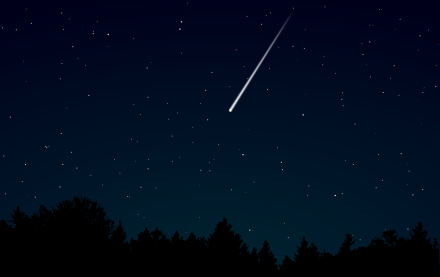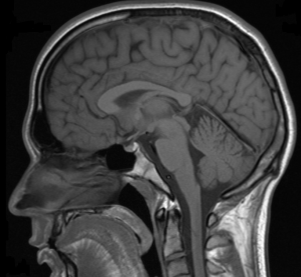 article icon
article icon
Science, Maths & Technology
Winchcombe Meteorite: Insights from the First Scientist on the Scene
Here is the fascinating story of the events that led up to the recovery of the first UK meteorite in 30 years, with firsthand reports from Dr Richard Greenwood, the scientist who confirmed that the rocks found in the small town of Winchcombe originated in space.
 article icon
article icon
Science, Maths & Technology
How scientists found rare fireball meteorite pieces on a driveway – and what they could teach us
Professor Monica Grady reveals how the Winchcombe meteorite was found and what it can teach us about the origins of life.
 article icon
article icon
Science, Maths & Technology
Your house is full of space dust – it reveals the solar system's story
Where does space dust come from? Dr Natalie Starkey explains in this article.
 article icon
article icon
Science, Maths & Technology
Researching rare disorders: NGLY-1, the first disorder of deglycosylation
What happens when our cells can’t get rid of the waste products they produce? Working on a project inspired by the passion of the rare disease community, Open University PhD student Sarah Needs explains:
 article icon
article icon
Science, Maths & Technology
Using lanthanides as medical imaging tools
Discover how an element belonging to the 'rare earth metals' is being used in medicine. Here's how lanthanides' magnetic properties are fantastic for medical imaging:
 article icon
article icon
Science, Maths & Technology
Sugar coating biopharmaceuticals
Many modern therapeutics, such as those used to treat anaemia and breast cancer, are proteins - but the protein doesn't solely determine how the body responds to the drug. Here's an explainer about what the sugars do:
 free course icon
level 2: intermediate icon
free course icon
level 2: intermediate icon
Health, Sports & Psychology
Understanding ADHD
This course explores the experience of ADHD from the perspective of those who are diagnosed with the condition, and those who care for them. It covers the contribution of scientific research to understanding ADHD, with a focus on assessing the effectiveness and mechanism of action of treatments and therapies.
 activity icon
activity icon
Nature & Environment
Scotland's gold trail
Did you know that Scotland has strong ties with gold mining? Discover the locations where the precious metal is found.
 activity icon
activity icon
Science, Maths & Technology
Aeroplane Design and Engineering
Ever wondered what happens to lost luggage or why plane windows are the shape they are? Take a tour of our interactive aeroplane to find out.
 article icon
article icon
Science, Maths & Technology
Gold: Medicine for the Brain
Once used for decoration in the ancient world, discover why gold particles are now considered treasure in the world of medicine...
 article icon
article icon
Science, Maths & Technology
Targeted genome editing: Introducing the CRISPR/Cas9 system
Ever heard of CRISPR/Cas9? OU research student, Sonia Azeggagh, explains the impact of this genome editing technology on biology and medicine:
 article icon
article icon
Science, Maths & Technology
Rewriting DNA: An introduction to genome editing
Why would scientists want to alter the DNA of organisms or cells? One OU Ph.D. student explains all you need to know about genome editing...